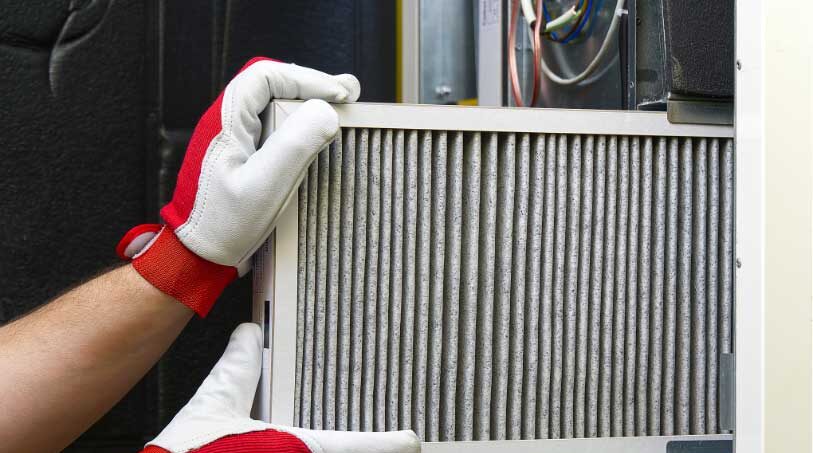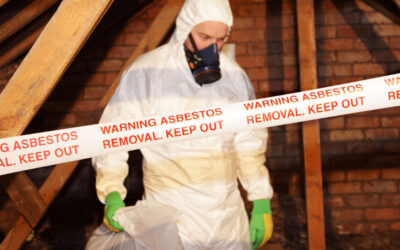Did you know that Washington residents spend up to 90% of their time indoors during the winter months? With our homes becoming sealed sanctuaries against the cold, we’re inadvertently trapping a cocktail of indoor air pollutants that can significantly impact our health. Today, we’re unraveling the invisible challenges lurking in our cozy havens and empowering you with actionable insights.
Cold Weather’s Effect on Indoor Air Quality
Reduced Ventilation
When winter arrives, most of us keep our homes including windows and doors closed tightly. While this may help conserve heat, it also reduces the flow of outdoor air, trapping unwanted pollutants like dust, pet dander, and airborne particles inside. Without proper ventilation, these contaminants can build up inside your home, leading to stale and unhealthy air. Let’s not forget that homes are more energy efficient than ever, reducing air flow even more.
Increased Use of Heating Systems
Reliance on your heating system during the colder months can also impact your home’s indoor air quality. As your HVAC system circulates warm air throughout your house, it can redistribute dust, allergens, and other pollutants if your air filters aren’t regularly replaced and proper ventilation isn’t in place.
Heating can also dry out the air in your home, leading to discomfort and irritation. From dry skin, itchy eyes and nasal irritation to increased static electricity and the possibility of worsening allergies or asthma, it’s important to keep an eye on your home’s moisture levels.

Holiday Impacts
Winter festivities and fun are the highlights of the season but can also introduce unexpected pollutants. From burning holiday scented candles and hanging sparkly holiday decorations to gatherings around cozy wood stoves and fireplaces, these seasonal activities can release harmful particles and odors into the air, further compromising the air you breathe.
Signs of Poor Indoor Air Quality
How can you tell if your home’s air is unhealthy? Here are some common indicators:
- Health Symptoms: Frequent winter ailments like coughs, congestion, headaches, and irritated eyes you seem to suffer from every year? They may not just be due to the cold weather. They could be linked to poor indoor air quality.
- Home Indicators: Take note of signs such as stale air, condensation on your windows and doors, or persistent musty smells. These are often red flags.
Simple Steps You Can Take to Improve Indoor Air Quality
Improving your home’s air doesn’t have to be complicated. Here are a few simple steps to get started:
Ventilation
Even during the cold season, it’s essential to let in fresh air. Open your windows and doors for short periods to flush out unwanted pollutants and bring in fresh outdoor air.
Air Filters
Ensure your HVAC system is equipped with high-quality air filters and replace them regularly (consider setting a reminder to check them monthly). This keeps your systems working efficiently and helps trap harmful particles.

Humidity Control
Aim for a comfortable humidity level (30-50%) to manage indoor moisture.
Source Control
Identify and minimize common sources of indoor pollution, such as cleaning products, scented candles, air fresheners, and even wood stoves and fireplaces. Consider opting for natural alternatives to create a clean and healthy environment.
Taking it Beyond the Basics
For a comprehensive solution, consider a whole-home approach to indoor air quality. This includes professional air sealing to close off air leaks and prevent drafts and mechanical ventilation systems that continuously bring in fresh air.
Plus, pairing proper insulation and air sealing creates a highly effective barrier that not only improves your home’s air quality but also enhances its energy efficiency. Count on Specialty Group as a resource for professional assessments and solutions in creating a healthy home.
Be Proactive About Your Home’s Indoor Air
Don’t wait for poor indoor air quality to affect your health or comfort. Take proactive steps to improve your home’s air. At Specialty Group, we can help assess your home and recommend tailored solutions to ensure you and your family breathe clean air year-round. Our expert team is here to help you create a clean, healthy, and energy-efficient home.
Our goal is to help you breathe easy this winter, because your health and comfort deserve nothing less. Contact us today to schedule your free consultation for your Washington area home.


